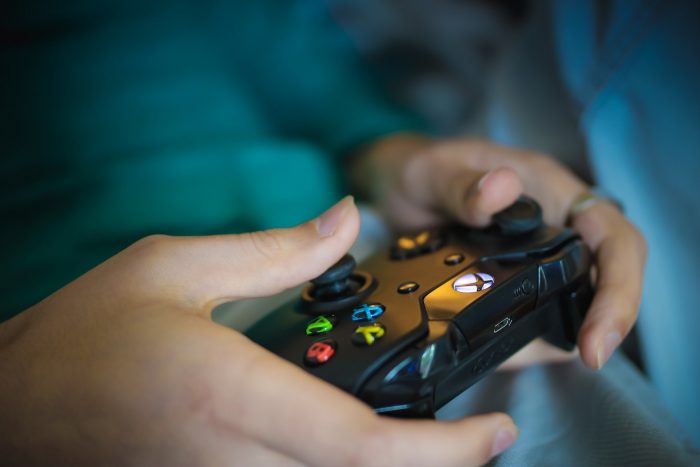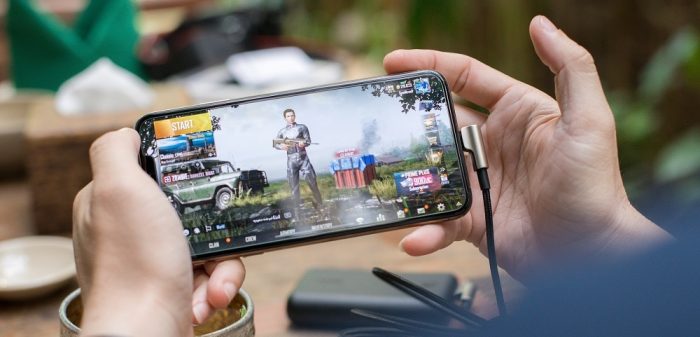
Playing video games has many advantages such as, for example, that they activate memory and concentration, learn to make decisions more quickly, improve the ability to do several things at the same time, improve coordination and even help to manage difficulties of dyslexia in those young people who suffer from it.
But even the healthiest things have a downside if they are abused. Let’s think about the broccoli. This vegetable provides essential vitamins and minerals, but if we only ate broccoli, we would probably die in a few months from severe malnutrition or in a few weeks from absolute gastronomic boredom.
How do we distinguish a hobby from addiction?
A hobby takes away time to do other things, we may think about it every day or we may fantasize about planning what it will be like the next time we go to practice it. We may sacrifice vacations or family time for that hobby, but the distinction between a hobby and an addiction is clear and, if you have doubts, it is probably because, either you are walking dangerously on the razor’s edge, or you have already fallen crashing into addiction. And how do you know? Well, because you will have some or all of these symptoms:
Changes in character. Especially moments of anger and tantrums when something interrupts the game or there is a situation that prevents playing. Also obsessive thoughts about your own worth, the direction your life is taking, depression, or cyclical downturns.
Put aside social life. When there is an addiction to video games, social life gradually disappears. Any interaction with others that remains time that could be devoted to video games is set aside and only “stable” relationships are maintained with other online players (if any). In fact, if there really is an addiction to video games, there will be unpleasant confrontations when an external person (family member, partner, or friend) comments on the many hours we lose hooked on the mobile game app development company. An addict will react to this defensively, or even aggressively, and may experience a sensation similar to withdrawal syndrome, which causes him to withdraw more and more in himself and in the game and that the people around him are withdrawing to avoid conflict.
Fewer hours of sleep. If before the addiction to video games we were efficient people, it is possible that at the beginning of the addiction we continue to be so. We may get up on our own time, go to class or work, and fulfill the rest of the obligations, but we will be taking off hours of sleep to play. And how long can we endure with that rhythm of life? Well, very little.
Skip the consequences. As the addiction to video games progresses, we will put off tasks until we abandon them. Our grades will drop or we will begin to fail abruptly, we will stop going to class and, if we do not succeed in quitting the addiction, we will end up dropping out and forgetting to get our university degree. Loneliness will become normal and we will end up neglecting our food, our personal hygiene, etc.
Cognitive distortions. An addiction of any kind makes us liars and that is one of the first symptoms that give us the key to what is happening. We lie to ourselves and we lie to others. We lie when someone asks us how many hours we have played, we lie saying that we are sick not to attend a social event, we lie to hide that in the last week we have hardly gotten up from the sofa. And, above all, we lie to ourselves saying that we have no problem, that it is just a hobby, that we are going through a bad streak, and that it is not an addiction because we can stop whenever we want. We try to manipulate reality, but there is always an annoying voice that whispers the truth. That voice in our head, so crushing, so implacable, is the one that is usually right. If that voice tells us we have a problem, it is time to do something.
Seek help
There is one thing we must be very clear about: anyone can have an addiction. Anyone. It can be to drugs (legal or illegal), to television, to a person, to food, to sports, and, yes, you can also have an addiction to video games. If we have become addicted to something it is because there is something in ourselves or in our environment that is not working as it should and, therefore, we must ask for help as soon as possible. We are not flawed, there is no need to feel ashamed or guilty. Sometimes the brain gets sick like the lungs or stomach get sick and it’s just a condition that, with good care, is temporary and doesn’t define us at all. There are times that we need to work on our behavior or understand that what these addictions cover may be a latent depression disorder.
And so that the stress does not rise more than necessary, you should know that eliminating addiction to video games does not necessarily mean stopping playing. In this study, carried out by psychiatrists in Germany, it is concluded that addiction can be overcome without drugs, and without stopping playing; you just have to change the way you play with cognitive behavioral therapy. Don’t wait any longer, start by telling someone you trust and then seek professional help. From this, it comes out.
Much encouragement.


